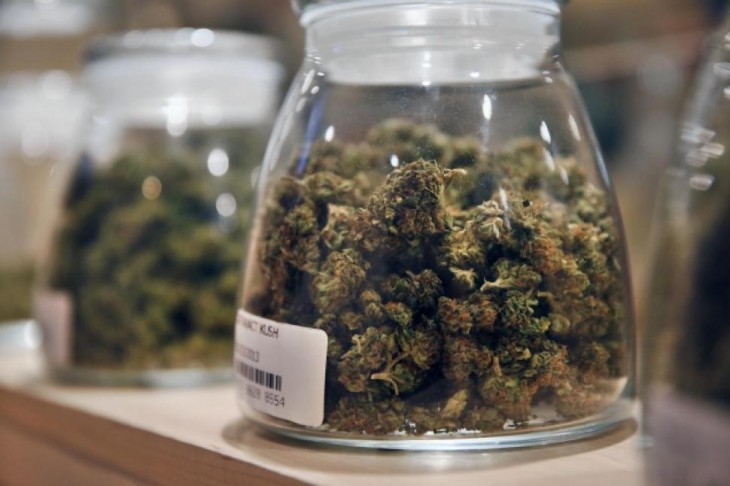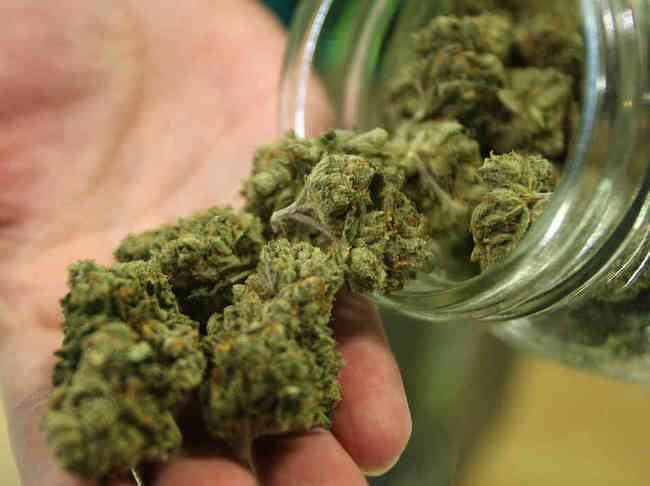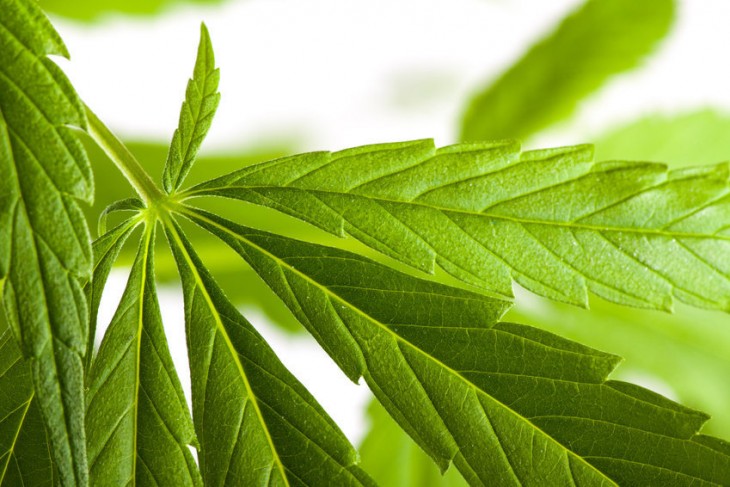How Much Do You Really Know About The Medical Marijuana?
Now those 23 American states have approved medical marijuana, it’s becoming easier than ever to get your hands on the stuff that was considered illegal since 1937. While some believe that the medical is only a ruse to actually promote recreational marijuana, enough evidences exist to support that claim cannabis has major therapeutic properties. Yet we would have to remain in suspense for quite some time until researches are complete and more certainty can dawn about the claimed miracle cures. In any case no smoke without fire and positive news hopefully will come to light. The question is how come the truth lay hidden for so long. How many could have been cured if the drug was made legal a century earlier!
Marijuana as the ultimate painkiller
Pain may not be strictly considered a medical condition yet severe pain can be debilitating and render the person incapable of work and arouse suicidal tendencies. The usual opioid pain killers are hazardous to the extreme and nobody knows what would happen after long term use. In Oregon in America where all kinds of marijuana are legal, most medical prescriptions require marijuana to relieve symptoms of pain rather than serious diseases like cancer. Pot works to relieve the nausea as a result of chemotherapy. Pot also works to relieve severe pain resulting from serious disease.
Who is doing the Federal research on marijuana?
Legally the University of Mississippi is permitted to cultivate marijuana for research purposes. The quota allowed had been 20 kilos per year but that has now been raised to 650 kilos. Research can now proceed on a more extensive scale particularly what pharmaceutical companies are busy with. Thus the medicinal impact of marijuana would be felt sooner rather than later and probably all legitimate though many authorities have their doubts.
What are the probable marijuana cures?
Epilepsy is very high on the list and we have strong reasons to believe that the symptoms are effectively relieved. Yet research evidence is yet lacking though treatments continue and faith remains. It is also believed that depression is helped and that can be a severe handicap that prompts suicide too. The reduction of spasticity in multiple sclerosis is also considered to be one of the benefits. Whether cannabis helps in psychosis or glaucoma is yet to be identified. The belief in the cure for dementia and Tourette’s syndrome is also yet uncertain. There are reasons to hope though.









